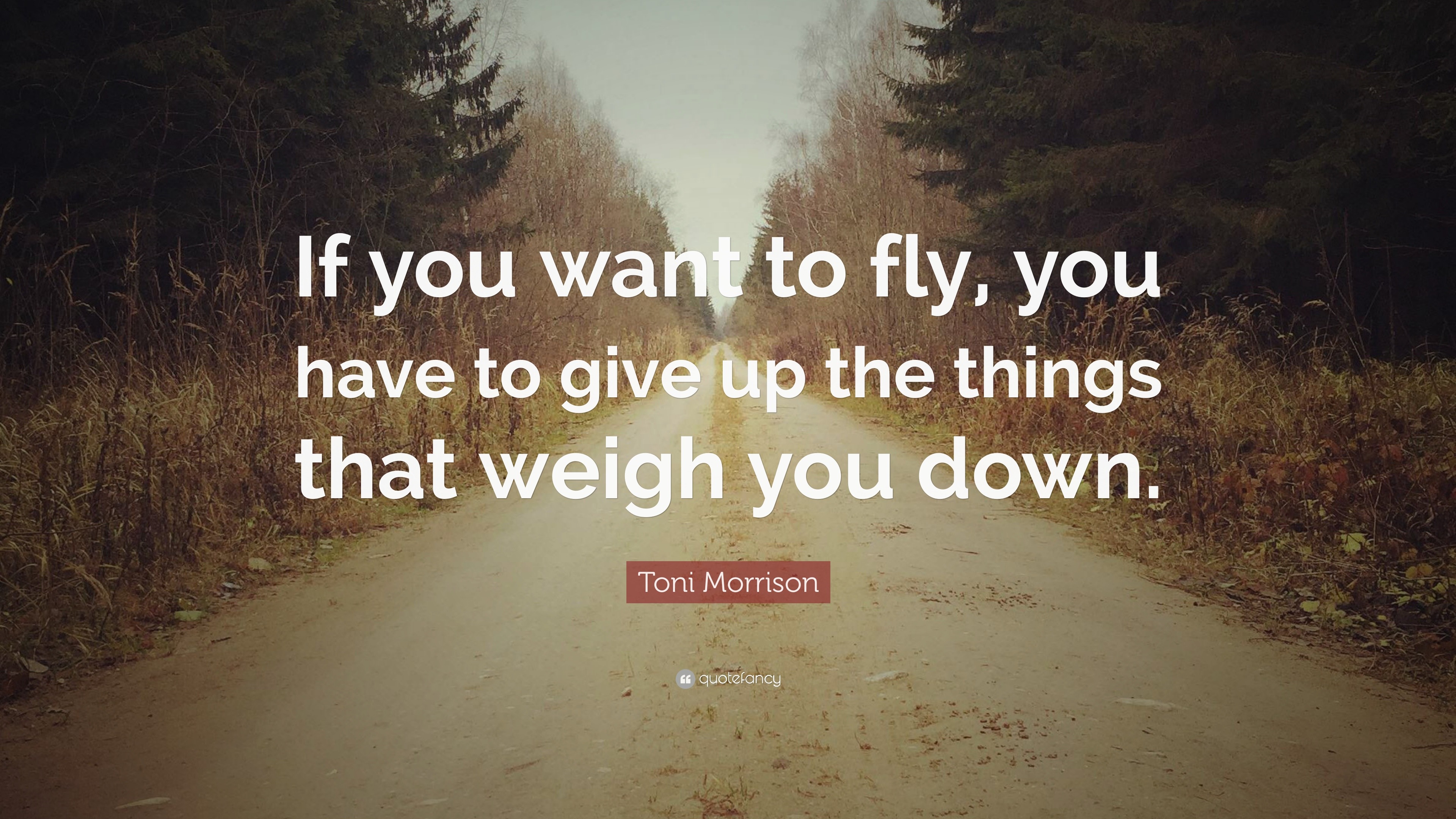

What challenges are you dealing with in your life right now?.
PLACE TO WRITE THINGS DOWN THAT YOU WANT TO DO HOW TO
If you’re not sure how to get started, consider using one of the following prompts: Try not to worry about sticking to a consistent time every day. It might be first thing in the morning, late at night, or at a specific time during your workday. All you need is some paper, a pen, and a little time.Ĭonsider what time of day you’re most likely to stick with a journaling practice. You don’t need to run out and buy a special journal to get started - although if you find it motivational, you can. One of the best things about journaling is that it’s accessible. Research in 2021 suggests that making a conscious effort to practice gratitude can have a positive effect on mental health and can help counteract the negative thought patterns that depression creates.Ī gratitude journal entry can simply be a list of things you’re grateful for on a given day, or it can be a longer piece of expressive writing. Keeping a gratitude journal is another specific approach that can help with depression.

This suggests that if you want to start journaling to improve your mental health, you’ll likely have more benefits when focusing on deeper feelings and thoughts rather than recording your daily experiences like a traditional diary. They performed this writing repeatedly over several days.Įmotional writing significantly decreased symptoms of depression, while the more mundane writing didn’t.

In a 2013 study involving 40 people living with major depressive disorder (MDD), participants were asked to write about an emotional event or non-emotional daily events. Journaling seems to be effective for people living with depression, too. How does journaling help with depression? By putting these things on the page, they can have less power over you. Journaling is an example of an expressive coping method, which is a technique that helps a person process negative thoughts, feelings, or experiences by releasing them. No matter your age, journaling is a powerful, evidence-based strategy that you may find helpful for managing mental health conditions and stress. It’s common for children and teens to keep journals, but the habit can fall by the wayside as people get older. For others, it’s a more spontaneous exercise and a way to process experiences through creative writing. People use journaling in different ways and for various reasons.įor some people, it can be a way to record specific aspects of everyday life. One particular tool that you may want to consider is journaling. Whether you’re living with a mental health condition, adjusting to a major life change, or managing everyday stress, self-care techniques can help. Share on Pinterest Carolin Voelker/EyeEm/Getty Images


 0 kommentar(er)
0 kommentar(er)
